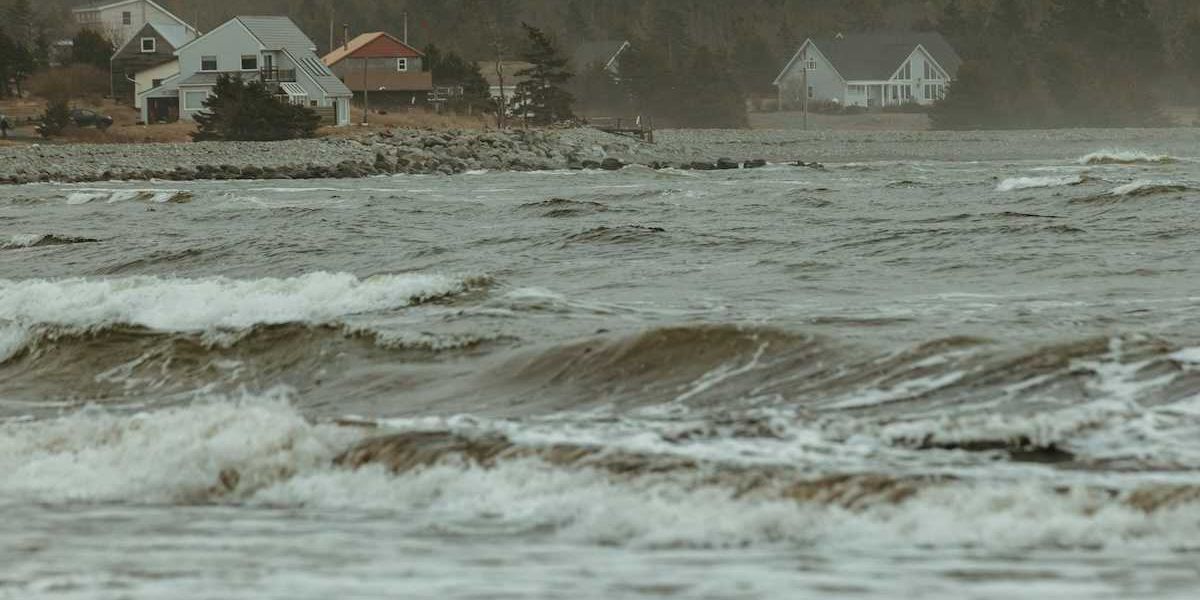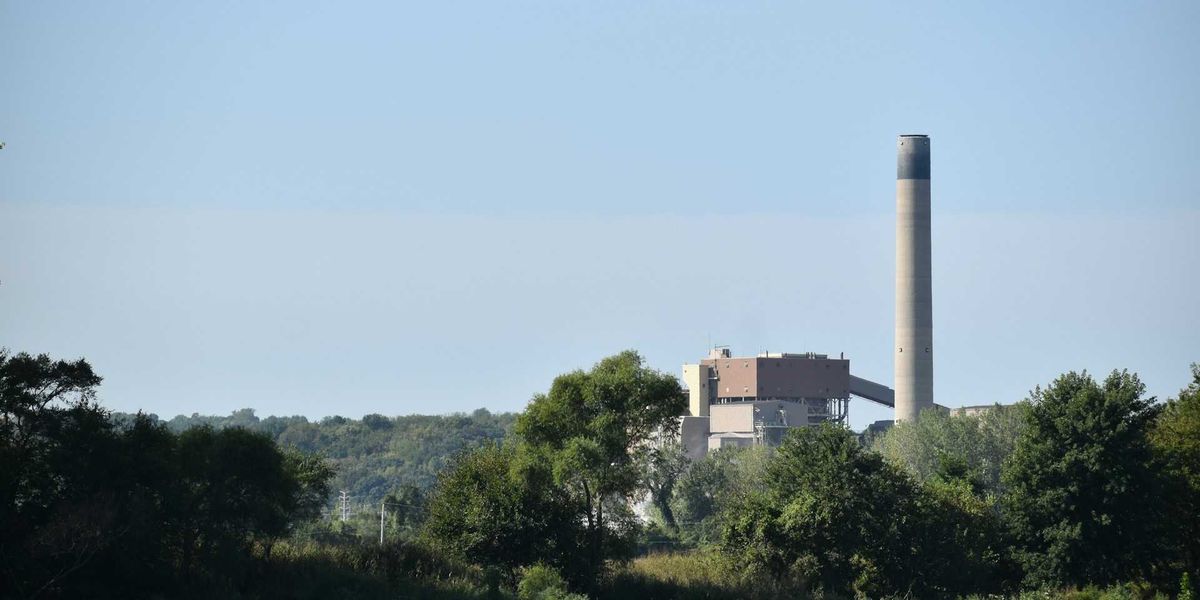UN experts call for global trust to manage mineral demand and reduce new mining
A rapid rise in demand for critical minerals is fueling geopolitical tensions, prompting United Nations-backed scientists to propose a global trust to ensure equitable access and mitigate environmental harm.
Carrie Klein reports for Inside Climate News.
In short:
- The proposed global minerals trust would treat key energy transition minerals as “shared planetary assets,” aiming to stabilize markets, improve mining safeguards, and reduce the need for new mines.
- The European Union recently announced 13 new mining projects abroad to meet surging mineral demands, particularly for electric vehicle batteries and wind turbines.
- President Trump’s administration is advancing plans to secure deep sea mining licenses for defense-related mineral supplies, despite opposition from environmental advocates.
Key quote:
“If we have greater supply security and much more assurance on downstream processing, we will have more efficient outcomes.”
— Saleem Ali, lead for Critical Minerals and Inclusive Energy Transition at the United Nations University Institute for Water, Environment and Health
Why this matters:
Minerals like lithium, cobalt, and nickel are essential to the clean energy transition but can come with steep costs — both human and environmental. Mining them can destroy ecosystems, displace communities, and contaminate water sources. The most accessible deposits have already been tapped, meaning future extraction could be slower, costlier, and more damaging. Many of the world’s mineral reserves lie in politically unstable or environmentally sensitive regions, concentrating power and risk. As nations push to electrify vehicles and decarbonize grids, competition for these minerals could stoke global conflict, deepen inequality, and accelerate environmental degradation unless a cooperative, sustainable system is put in place.
Learn more: U.S. seeks Congo minerals as conflict deepens in coltan-rich region













